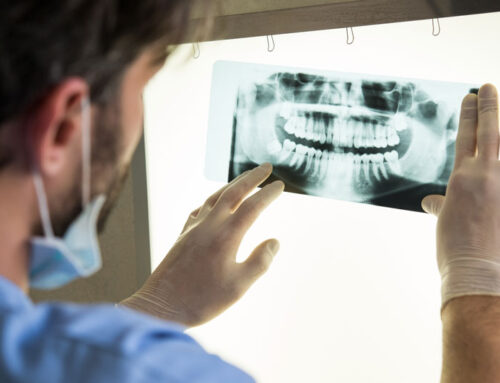MEET DR. JIM BROWN…
Dr. Brown has been associating for several years, and is now ready to branch out and open his own dental practice. He’s found a location in a busy retail center, nestled in a residential neighborhood with no competing dentists in the vicinity; he’s in great shape to begin a long and fruitful career.
The doctor is presented with the dental office lease for the space by the prospective landlord, a 60 page agreement outlining the details of his tenancy for the duration of the term.
PAUSE.
Listen close, because this is important. The dental office lease is one of the most expensive contracts you will ever sign in your career as a dentist. Engineered by landlords to maximize the value of their properties, the lease is comprised of dangerous, hidden language that gives them many unfair privileges, putting you at risk for their financial gain.
Details in the lease and their adverse, binding effects on a practice are never taught to any of us in dental school, however, the success of our business and ability to function, grow and compete in the marketplace are governed by them. Reviewing the lease for risks is a critical first step in opening a successful practice.
THE BEGINNING OF THE END
Without reviewing or understanding the details in the lease, Dr. Brown makes the same, honest mistake that thousands of dentists make every day; he accepts the landlord’s offer “as is”, and signs off on a ten year lease term without any idea of how the details within will jeopardize his practice in the years to come.
New Neighbors
In year 1 of his new practice, Dr. Brown sees a steady flow of walk-in traffic and is happy with overall business. Unfortunately, a significant problem arises when his landlord moves a new neighbor in next door; another general dentist. Dr. Brown tries to complain but is quickly silenced; his office lease contains no “exclusivity language” that prevents the landlord from moving competing dentists into the building. As expected, Dr. Brown sees a lull in business and his appointment book begins to thin.

Useless “Use”
Dr. Brown decides he’ll compete by bringing in an associate to offer orthodontic and implant work. Unfortunately, this solution is short-lived when he’s informed that “use provisions” in the lease prevent Dr. Brown from practicing of any other form of dentistry in the space (other than general dentistry), in addition to prohibiting him from bringing in associates. Shedding a single tear, the landlord abruptly informs him that “crying in the space is also a prohibited”.
You’re Moving Me, Where!?
In year 2, Dr. Brown gets a notice from the landlord that he’s being relocated to suite B3, a smaller office in the mall basement with no windows and non-existent foot-traffic near the 24-hour liquor store. He must relocate his dental practice within 30 days and all moving expenses including build-out of the new space are entirely his financial responsibility.
The doctor pulls out the lease to review the “relocation clause”, horrified to learn that the landlord has full rights to move him under these circumstances. Trapped, flabbergasted and with nowhere to go but suite B3, the doctor begins packing up the office, clutching the nitrous oxide for good measure.
Caught Between the “Clock and a Hard Place”
In year 10, Dr. Brown gets a notice from the landlord that he’s missed the office lease expiry date and is now a month-to-month, or “overholding” tenant. He is presented with two options, (1) sign a new lease term at double the monthly rent, or (2), vacate the premises within 30 days. To make matters worse, the doctor has only 3 days to make a decision.
Feeling bullied, panicked and without options, the doctor renews the lease at the outrageous marked up rental rates and begins perusing the classifieds.
Seller Beware
10 Years later, the lease expiry date has arrived and the doctor has decided to sell the practice. He’s gotten the landlord’s permission to sell, found a buyer, and is ready to move on with his career.
Unfortunately the doctor suffers a rude awakening when he sees 50% of the practice sale proceeds go to the landlord, as outlined in the “assignment clause” in the dental office lease. Horrified, exhausted and truly defeated, Dr. Brown exits his dental practice of 20 years with nothing but regret and a frown.
PREVENTING THE PREVENTABLE
Dr. Brown’s fate is a common reality that hundreds of dentists face every day. The remedy? Review and understand the details in the dental office lease before singing it. A thorough lease review will expose these and other risks in advance, giving you the opportunity to prepare a lease negotiation strategy to negotiate them out and improve the lease to secure a good deal that supports your goals. Set yourself up for success with a lease that gives you the flexibility and long-term protection you need for a long and profitable career.
PROFESSIONAL OFFICE LEASE NEGOTIATION SERVICES
Cirrus Consulting Group specializes in commercial tenant representation and dental office lease negotiations for dentists. For 20 years, they’ve helped dentists across North America reduce risks and achieve favorable terms and rental rates in their dental office leases. They review the lease for problem areas and handle the entire dental lease negotiation from start to finish.





